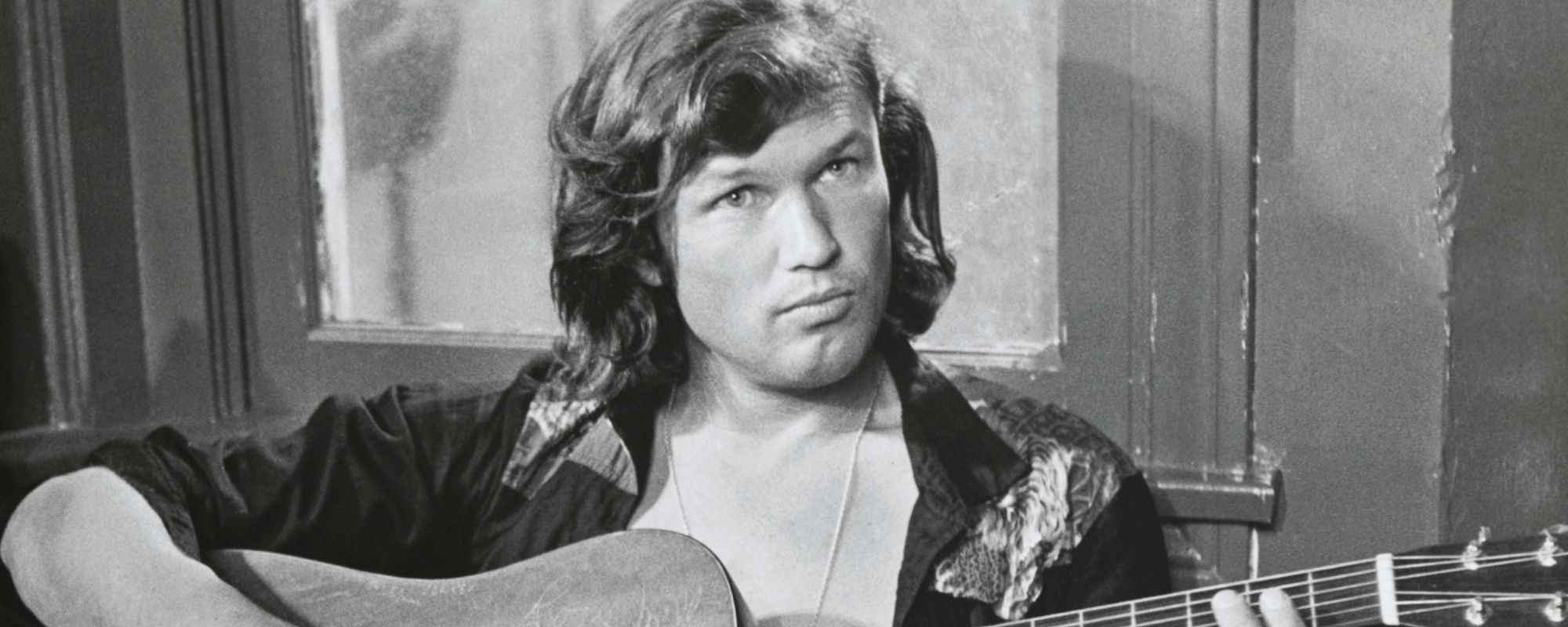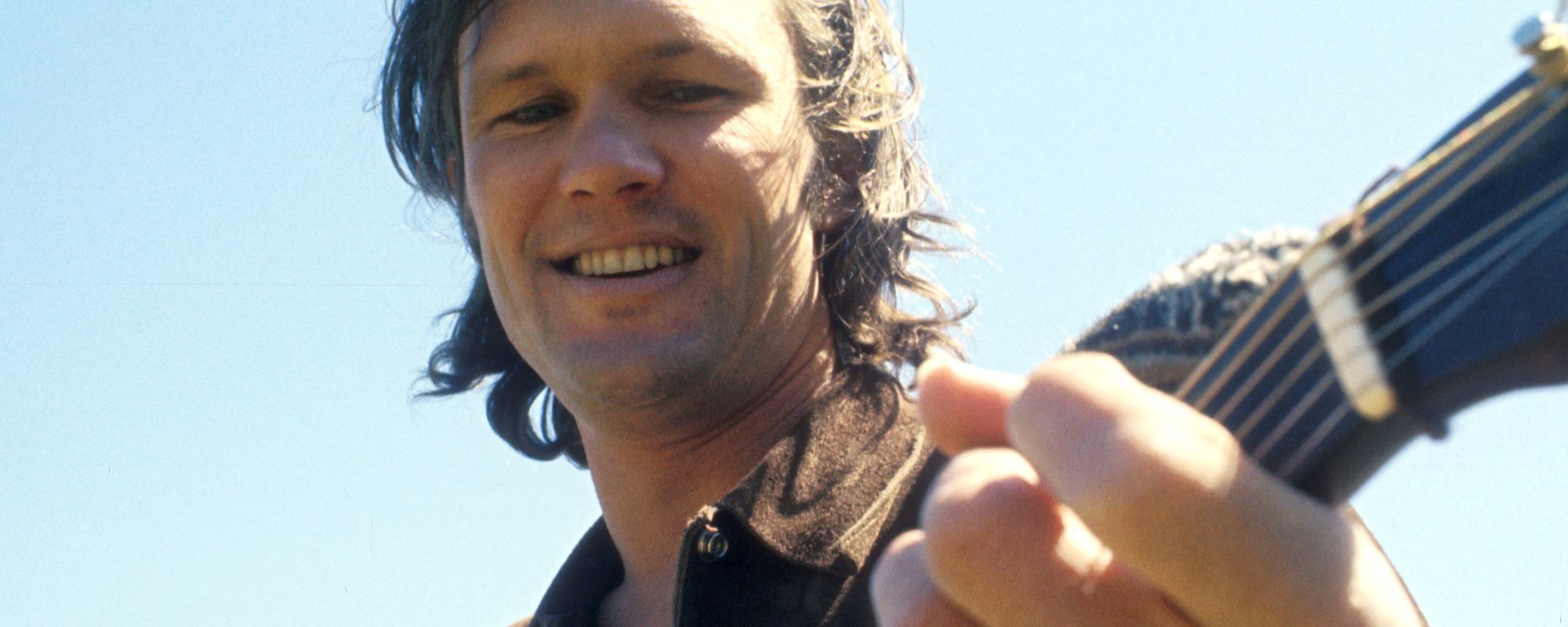The best songwriters remind us that no matter how divided society feels, we’re not as different as our politics would lead us to believe, which is why the nicest compliment John Prine ever received (in 1972, anyway) was also one of the most misguided. Prine was a true Everyman, able to sing about songs that crossed ideological and political divides and go right into the heart of what it means to be human.
Videos by American Songwriter
His ability to transform intensely complex emotions and experiences into straightforward, even funny, songwriting is what made him one of the greatest of all time. His music also required the listener to lean in and pay attention to what he was actually saying, lest he end up with the wrong idea like the man who gave Prine that nice compliment.
The Nicest, Albeit Misguided, Compliment John Prine Received In The 1970s
John Prine’s eponymous album from 1971 is one of the greatest examples of a knockout debut that simultaneously hooked listeners and told them exactly what and who he was about. From laments of a lost childhood home in “Paradise” to the effects of war on young men in “Sam Stone” to the religious satire of “Your Flag Decal Won’t Get You into Heaven Anymore,” Prine covered countless topics, some more controversial than others, with unending wit and grace.
Because of his social topics and no-nonsense lyricism, many believed Prine to be a protest songwriter. However, in a 1972 interview with Norman Jopling, Prine refuted this idea. “I was singing about social issues, but it just so happened that was what was going on. At the time, things around were very political. I wasn’t trying to be political. But that was what people were talking about, and that’s what the songs were about. It turned me off when people labeled me a protest singer.”
“As a matter of fact,” he continued, “I thought there were very human things which people could relate to regardless of how they felt politically. I had a feller from the Young Conservatives Party [sic] come up to me after a show. This was one of the nicest compliments I ever got. He said, ‘I really wish you were on our side.’ I said, ‘I am, I am!’ He didn’t understand. He missed the whole show.”
What Made His Songwriting So Universal And Enduring
John Prine built his entire career on writing about the human condition in poignant, universal, and enduring ways. His melodies were often simple, as was his musical accompaniment. The real power of his music was in what he chose to say—and, even more importantly, what he chose not to say. “With the audience,” Prine said in 1972, “I don’t like the thing where you tell them something, almost like preaching to them. I do like I’m telling it through somebody else, and then they can observe it like you did when you were writing it. It puts you on the same plane as them.”
“You’re observing what they’re observing,” he continued. “You get whatever they get. I’m not real good at explaining things. I like to write them down. It’s more what you leave out. A lot of songwriters, they say too much. You should leave a certain portion of it out so the audience can create it themselves.”
Photo by Tom Hill/Getty Images













Leave a Reply
Only members can comment. Become a member. Already a member? Log in.